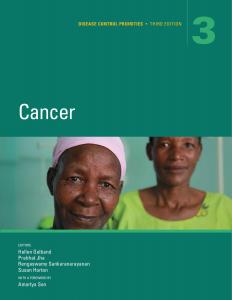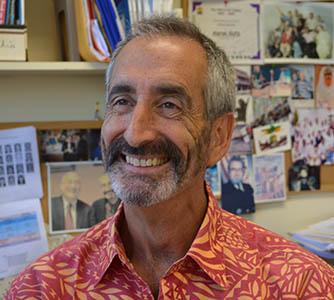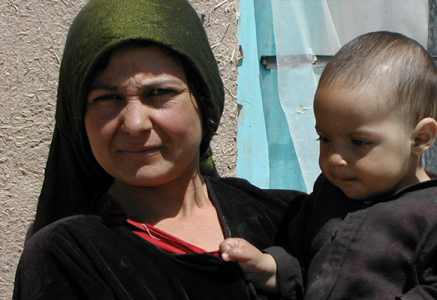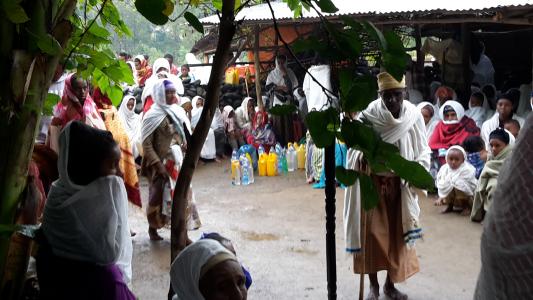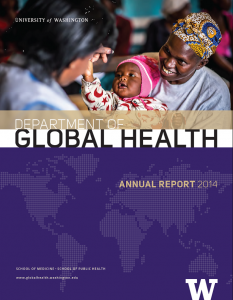DCPN: Taxes and Vaccinations are Most Cost Effective Interventions against Cancer
SEATTLE, Washington – The latest Disease Control Priorities 3rd Edition (DCP3) volume on cancer, available today, gathers essential information on effectiveness, cost-effectiveness, feasibility and affordability of a range of interventions to provide evidence-based guidance to decision makers worldwide. It is available online now at www.dcp-3.org/cancer and through the World Bank’s Open Knowledge Repository.
